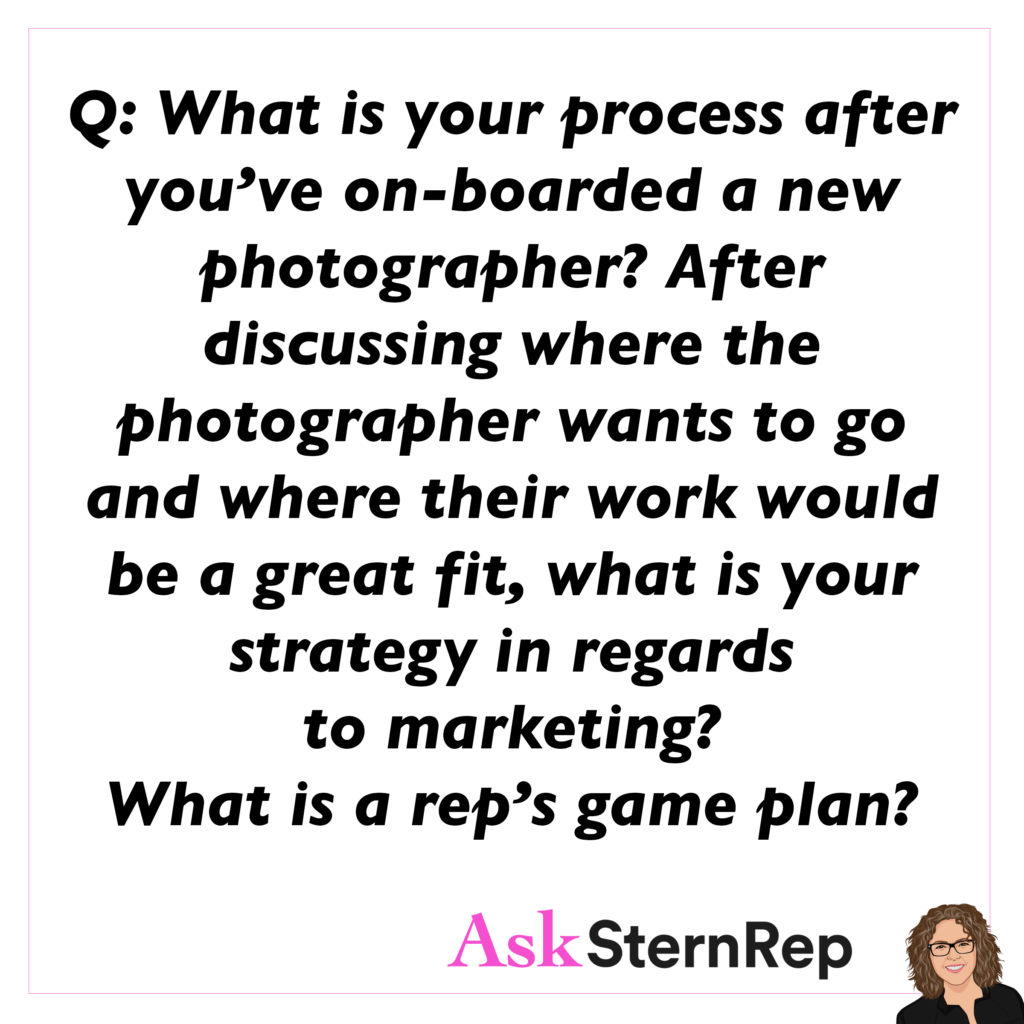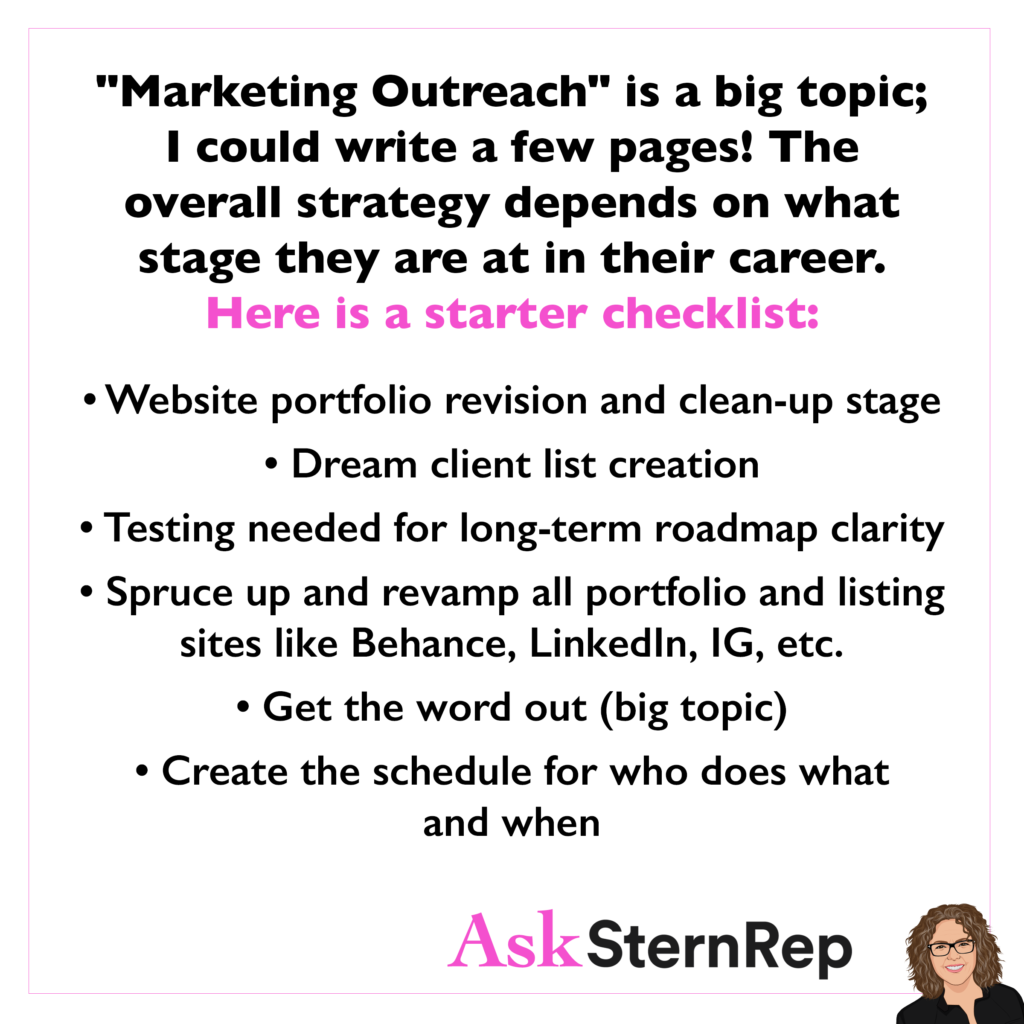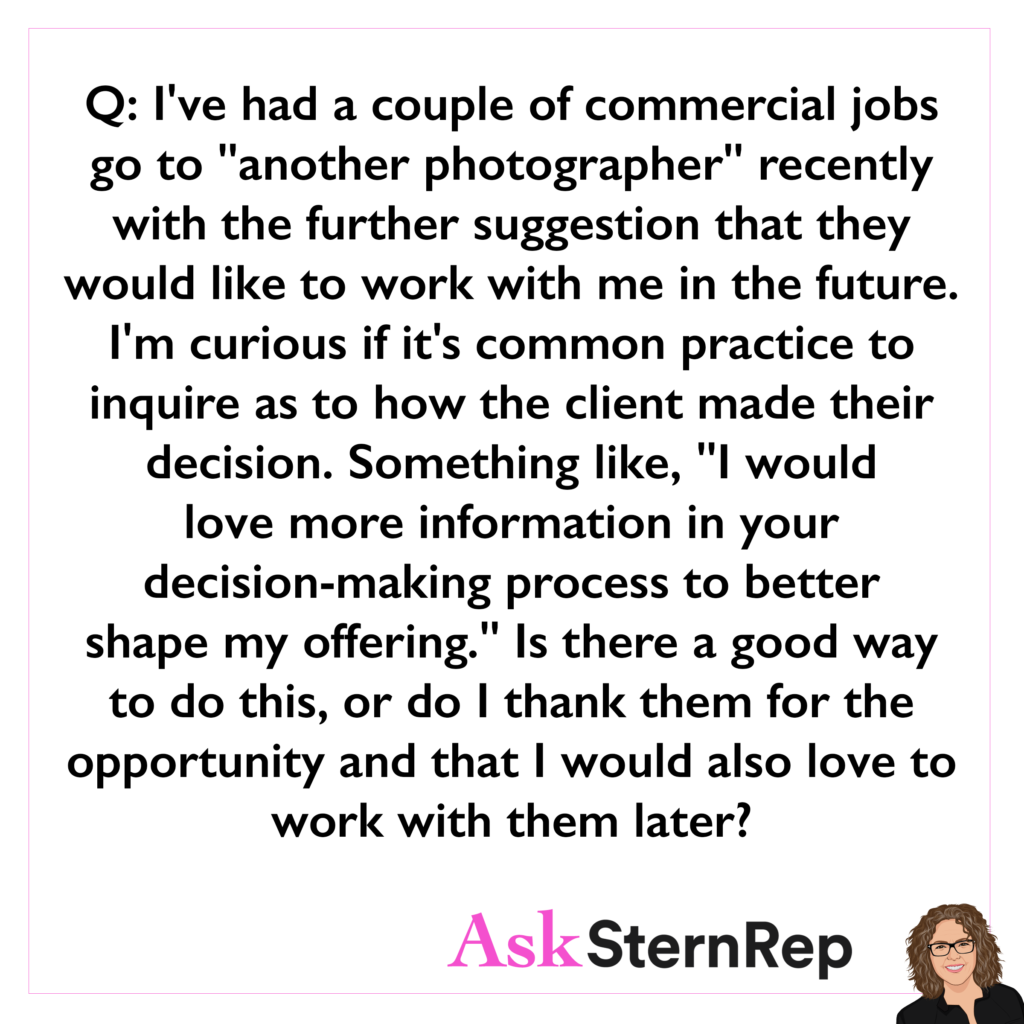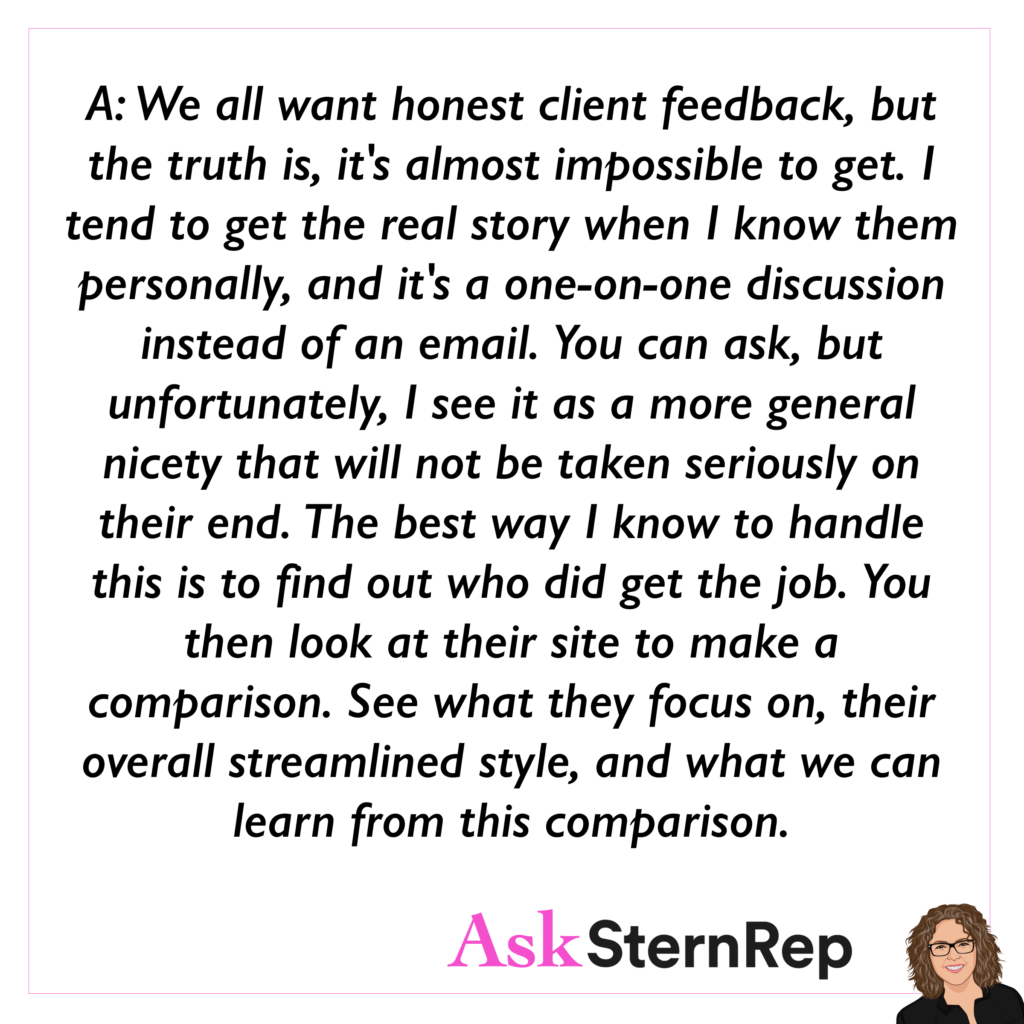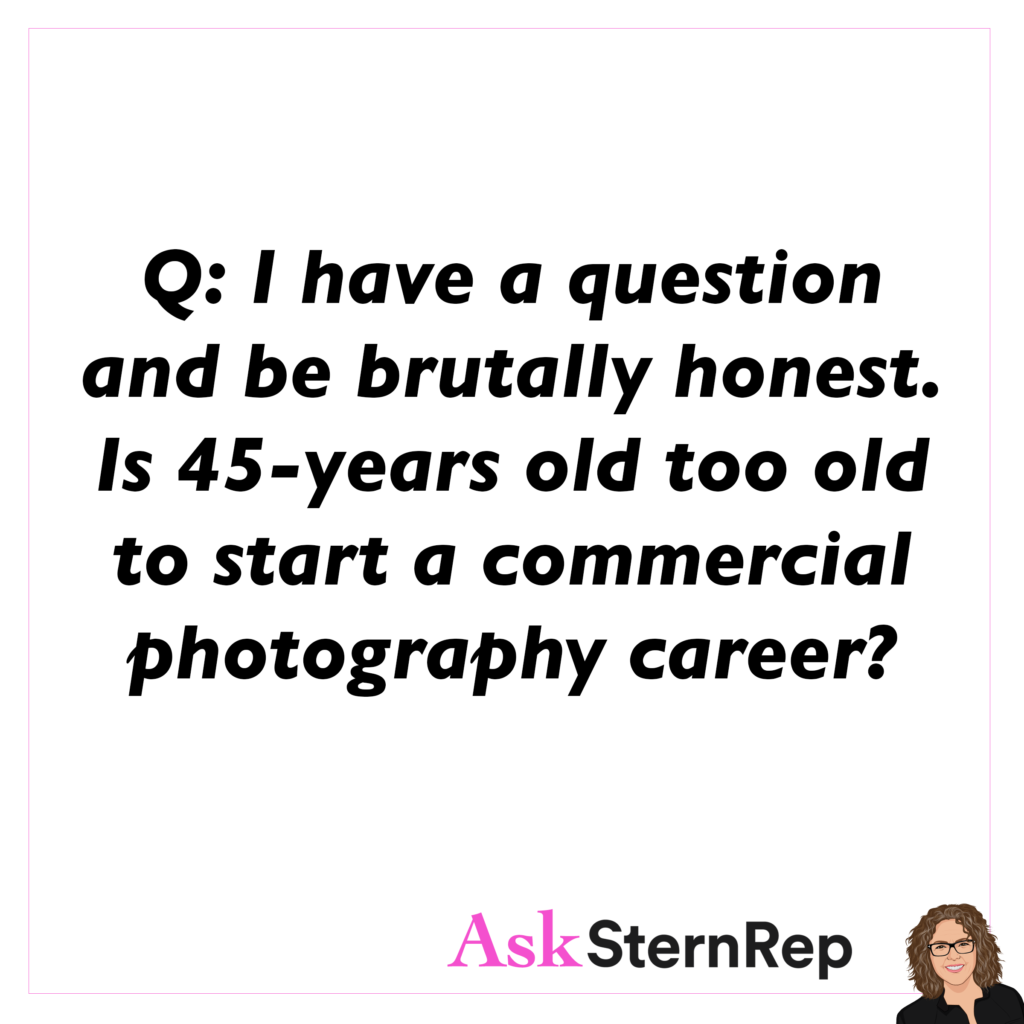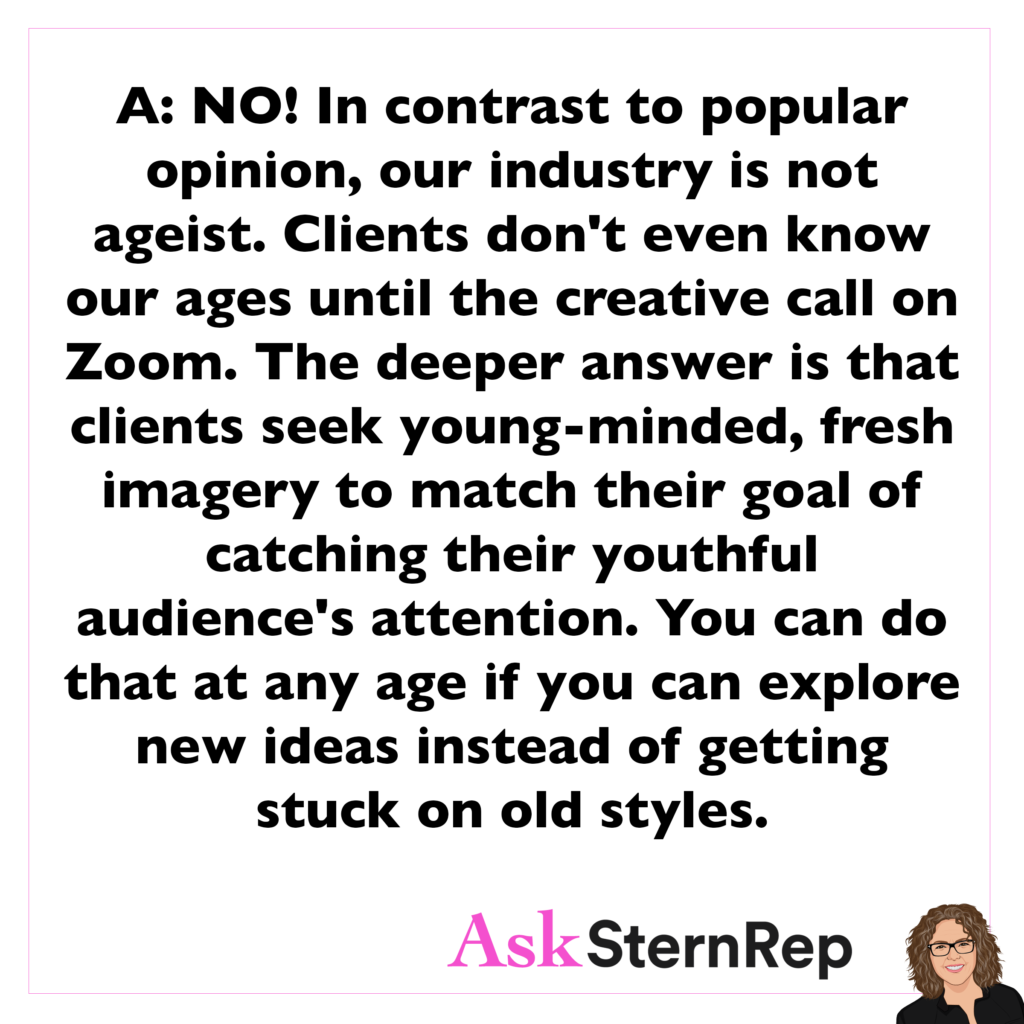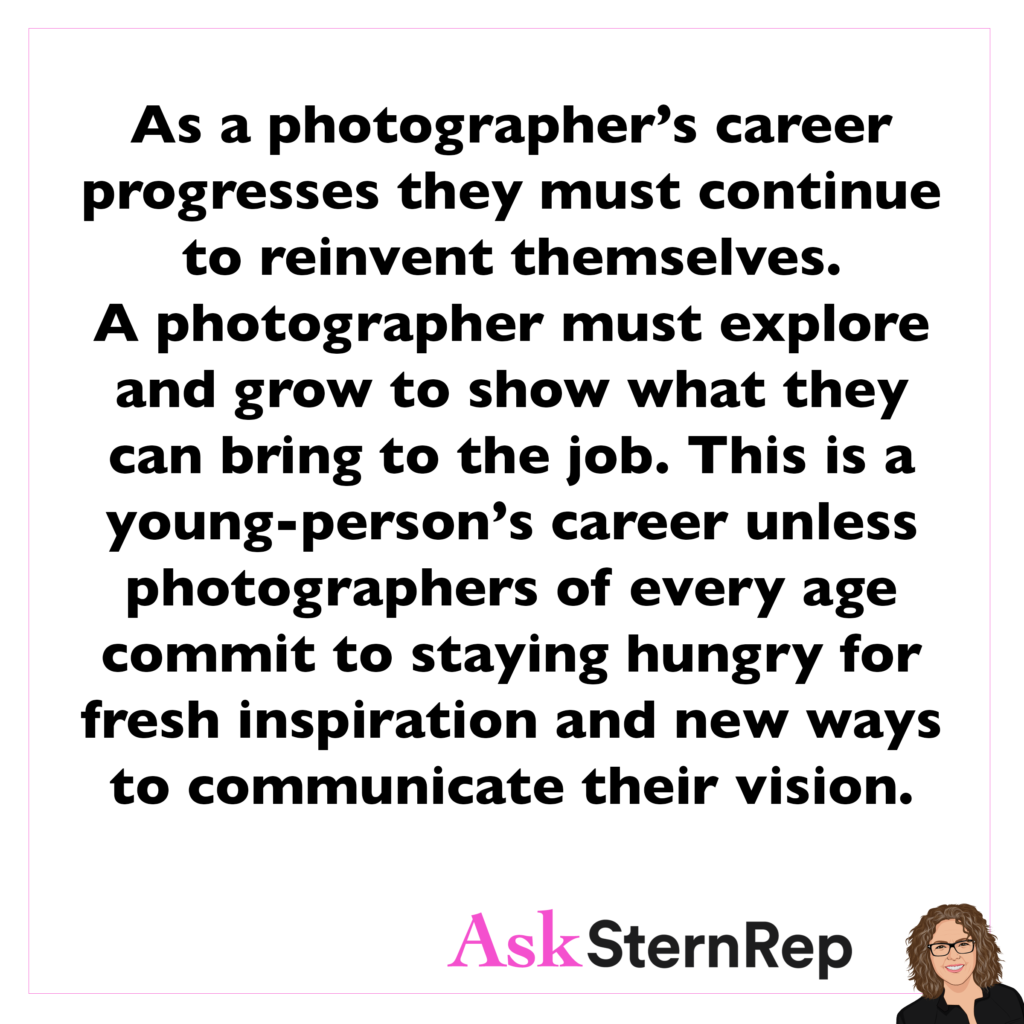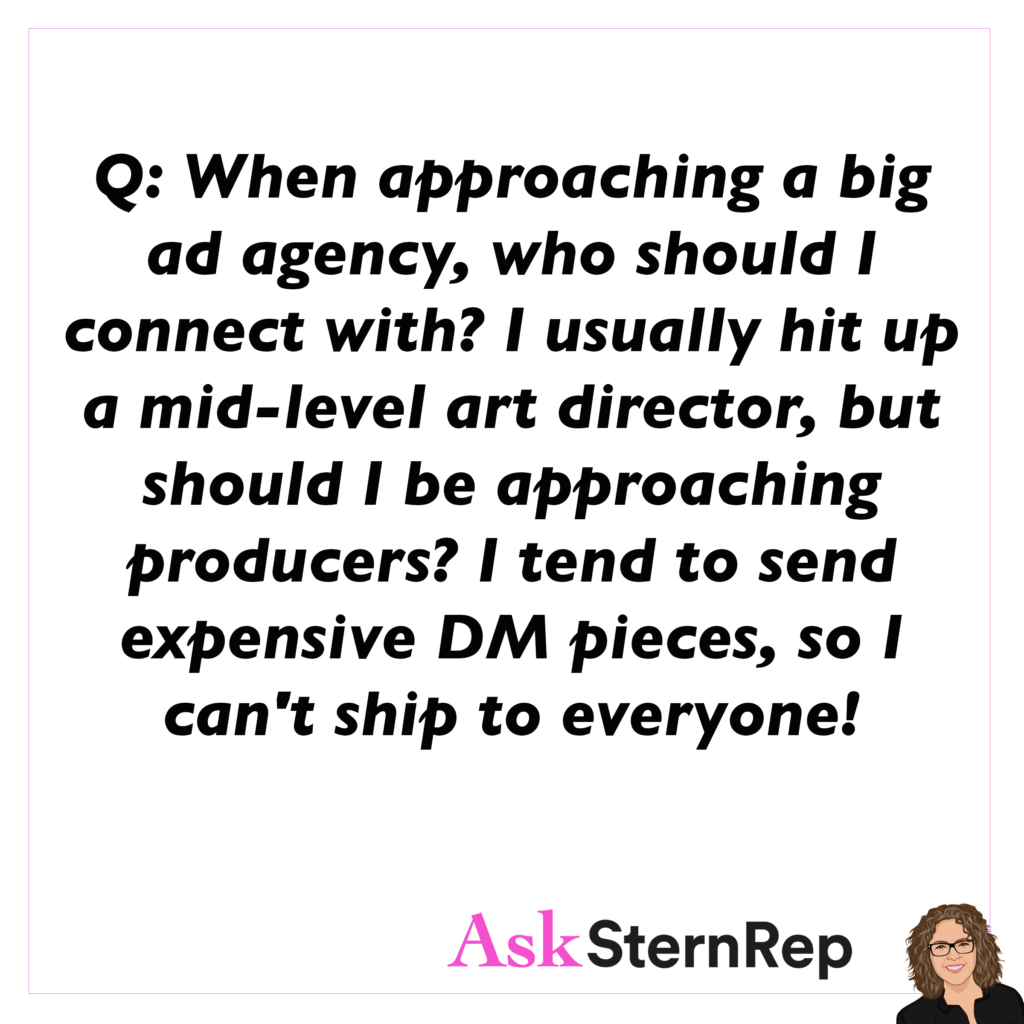The question we are all dealing with is, WHAT’S GOING ON RIGHT NOW? Everything is changing, leaving us to question the status of our careers.
1. Accept that it is changing; thus, we must adapt.
2. Images are even more “Lofi” – imperfect production quality matching the social media realness.
3. What are you good at, and what can you bring to this situation?
4. Clients are getting more for their money and paying less.
5. Your role may need to fulfill other categories, and you can charge for those – like stylist, creative, storyboarding, pre-production, post-production, etc.
6. Keep yourself as fresh with testing as possible- be as NOW as ever!
